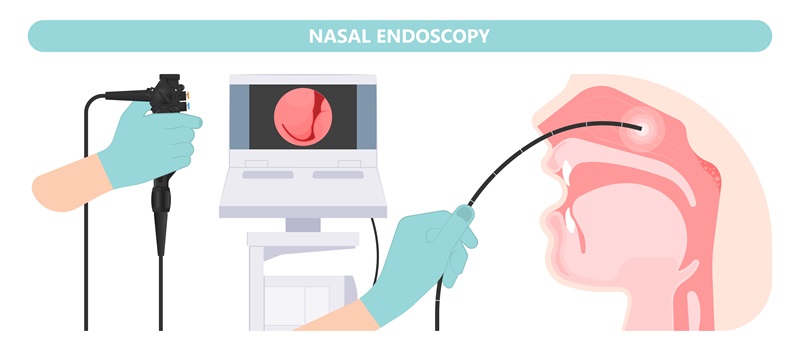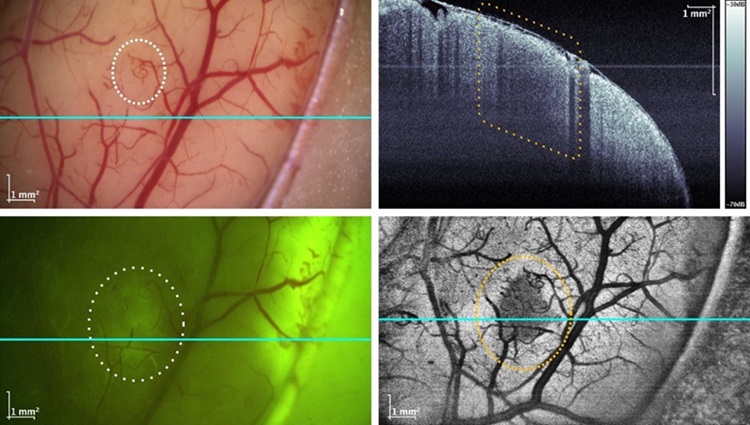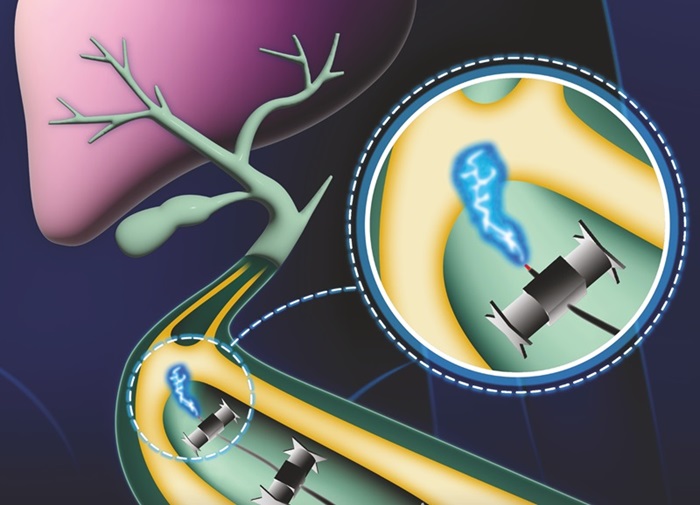Advanced AI Technology Improves Accuracy and Efficiency of Nasal Endoscopy
Posted on 04 Jul 2024
Nasal endoscopy (NE) is a critical diagnostic tool in rhinology, though its effectiveness is often limited by the nasal cavity's complex structure. Now, an insightful article published in the International Forum of Allergy & Rhinology details a study exploring how convolutional neural networks (CNNs) can enhance the precision and efficiency of NE. The research addresses the challenges inherent in navigating the complex anatomy of the nasal cavity for diagnostic purposes.
Conducted by a team from Ochsner Health (New Orleans, LA, USA), the study focused on a CNN-based model tailored to precisely identify and outline key landmarks in NE imagery. The images utilized were collected from NE procedures carried out at a medical center over the period from 2014 to 2023, employing a standard digital endoscope. A total of 2,111 images were manually segmented by three physicians. The researchers adapted the YOLOv8 object detection model to classify whether a turbinate was present, identify its location, and apply a segmentation mask to outline its boundaries. The model was refined through transfer learning techniques involving backpropagation and stochastic gradient descent. By carefully adjusting hyperparameters and halting training after a 15-epoch lack of improvement in validation performance, the model demonstrated notable success.

The model was able to detect the inferior turbinate (IT) and middle turbinate (MT) with an average accuracy of 91.5%, precision of 92.5%, and recall rate of 93.8%. With a confidence threshold set at 60%, the model achieved an average F1-score of 93.1%. The effective application of the YOLOv8 model marks a significant progression in the field of rhinology. Its capacity to accurately locate and delineate the IT and MT can significantly support clinicians in the diagnosis and treatment of sinonasal conditions. This advancement is especially beneficial for trainees and non-specialists, who may struggle with the intricate anatomy of the nasal cavity.
"This study showcases the potential of CNNs to enhance nasal endoscopy's accuracy and efficiency," said senior otolaryngologist Dr. Edward D. McCoul, who guided the research team. "By leveraging advanced AI technologies, we can markedly improve our diagnostic capabilities and provide superior patient care for those with sinonasal conditions."
Related Links:
Ochsner Health













